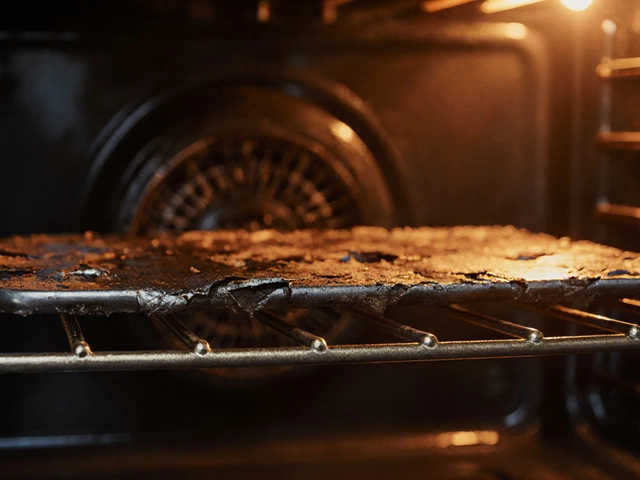What Are Common Faults with Electric Ovens? Fix These Issues Before Calling a Pro
October 29 2025How to Extend Your Water Heater’s Life
Got a water heater that feels like it's working harder every year? You don’t need a brand‑new unit yet. A few simple habits can add years to the system and keep bills low. Below are the most effective actions you can start today.
Regular Flushing and Sediment Removal
Mineral deposits settle at the bottom of a tank, especially in hard‑water areas. When the build‑up gets thick, the heater has to work longer to heat the same amount of water, which wears out parts faster.
Here's a quick flush routine:
- Turn off the power or gas supply.
- Close the cold‑water inlet valve.
- Attach a garden hose to the drain valve at the bottom of the tank.
- Open the drain valve and let the water flow out until it runs clear.
- Briefly open the cold‑water inlet to stir up remaining sediment, then drain again.
- Close the drain, remove the hose, reopen the inlet, and refill the tank.
- Turn the power or gas back on.
Doing this once a year – or every six months if you have very hard water – can cut heating time by up to 20 % and prevent premature corrosion.
Smart Settings and Energy‑Saving Practices
The temperature dial does more than set how hot your showers feel. Set it to 120 °F (49 °C) if you don’t need scorching water. That temperature is hot enough for daily use, saves energy, and reduces stress on the heating element or burner.
Other easy habits:
- Insulate the tank and the first few feet of hot‑water pipes. A reflective blanket can save 10‑15 % of heat loss.
- Fix leaky faucets promptly. A slow drip wastes water and forces the heater to reheat constantly.
- When you’re away for a week or more, lower the thermostat a few degrees. The heater will run less while you’re gone.
These tweaks keep the system from overworking and slow down wear on vital parts like the anode rod and heat exchanger.
Lastly, schedule a professional inspection at least once every two years. A qualified gas engineer can test the pressure relief valve, check the venting, and replace the sacrificial anode before it corrodes completely. Catching a problem early is far cheaper than dealing with a burst tank.
By flushing sediment, dialing back the temperature, insulating the pipework, and getting regular check‑ups, you’ll squeeze many extra years out of your water heater. Your wallet stays happy, and you avoid the hassle of a sudden cold shower.
Ready to give your heater some TLC? Grab a hose, set the thermostat, and call us if you need a professional flush or safety test. Keeping the water warm shouldn’t mean constantly replacing the tank – a little maintenance goes a long way.
 31 Jan
31 Jan
Maximize the Life Expectancy of Your Water Heater with Expert Tips
Water heaters are essential for providing hot water in our homes, but their lifespan can vary greatly based on several factors. In this article, we'll explore the typical lifecycle of a water heater while providing insights into maintenance practices that can extend its life. Learn about the signs of a failing water heater and when it might be time to consider a replacement. Additionally, we'll discuss the benefits of regular maintenance and how to effectively implement it.
Read More...



